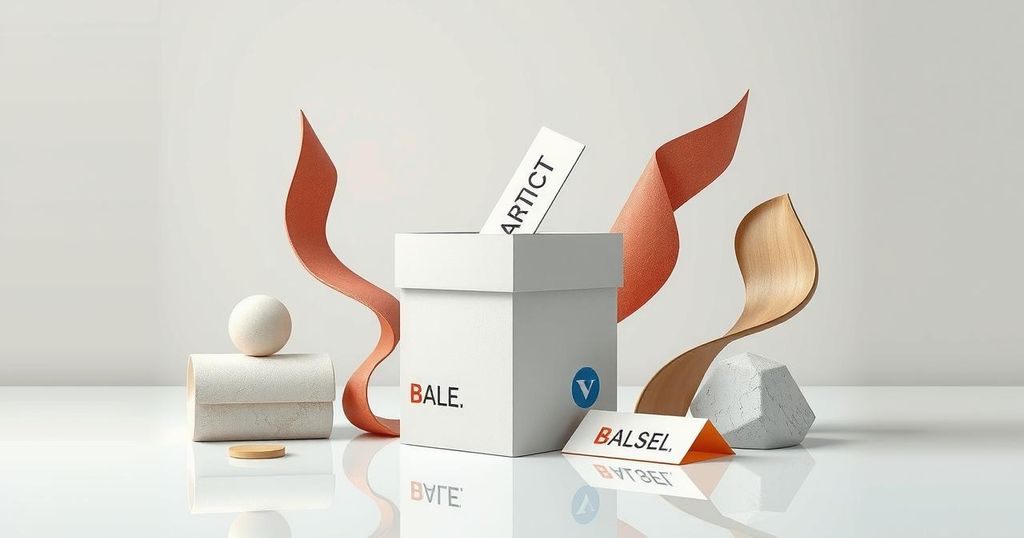Ecuador’s Presidential Election: A Critical Vote on Crime and Governance

Ecuador’s presidential election, occurring Sunday, pits President Daniel Noboa against 15 challengers in a race to secure a full four-year term amid rising crime and economic challenges. Noboa, newly elected in a snap poll, is viewed through the lens of his law-and-order promises. Polls indicate his lead may necessitate a run-off against his main rival, Luisa Gonzalez. With crime as the central voter concern, the election may define strategies for public safety and governance.
Ecuador is preparing for a significant presidential election, with voters heading to the polls on Sunday to decide whether President Daniel Noboa will secure a full four-year term. Noboa, who entered office 18 months ago amid rising crime rates, faces 15 opponents, including left-wing candidate Luisa Gonzalez, from whom he narrowly won in a previous election. The outcome is likely to reflect public satisfaction with his administration’s handling of crime and economic challenges.
This election will not only determine the presidency but also elect all members of the 151-seat National Assembly. Noboa’s term has been unusually short due to the constitutional maneuver called “muerte cruzada” that ended his predecessor’s presidency, paving his path to office. Having assumed office at 37 years old, Noboa is now seeking a complete mandate to govern the country.
Polling suggests that President Noboa leads in voter intentions but may not achieve the necessary majority to win outright in the first round. If he falls short, a second round is expected to take place in April, likely against Luisa Gonzalez. Familiar candidates from previous elections, such as right-wing businessman Jan Topic and Indigenous leader Leonidas Iza, are also in the running amid widespread concerns over crime rates.
Recent surveys reveal that crime has emerged as the top issue among voters, surpassing concerns about economic conditions. As Ecuador experiences unprecedented violence and criminal activity, Noboa’s administration faces scrutiny regarding its effectiveness in combatting these issues. From a nation once praised for its stability, Ecuador’s situation highlights the challenges posed by organized crime fueled by drug trafficking, particularly in the wake of the COVID-19 pandemic.
In response to the escalating violence, Noboa has advocated for stronger military involvement in public security and supported constitutional reforms that enhance law enforcement powers. However, while voter sentiment leans towards stringent measures, reports of military abuses have raised ethical concerns regarding their role. Experts suggest that long-term solutions will require addressing deeper issues, such as socioeconomic inequality and systemic corruption, rather than relying solely on heavy-handed tactics.
The upcoming presidential election in Ecuador is critical, with President Daniel Noboa vying for a full term amid growing concerns over crime and economic instability. Noboa’s presidency commenced under unusual circumstances after his predecessor invoked a constitutional mechanism leading to snap elections. Currently, the election is portrayed as a referendum on his leadership and effectiveness in tackling rising violence and insecurity, especially in the context of drug-related crime.
The election for Ecuador’s presidency is a pivotal moment reflecting public sentiment regarding crime and governance. President Noboa seeks to validate his leadership with a full term while grappling with high crime rates and economic issues. As voters prioritize crime as their primary concern, the election results could significantly shape the future of the nation’s security policies and legislative composition, potentially calling for a broader approach to addressing systemic issues.
Original Source: www.aljazeera.com







